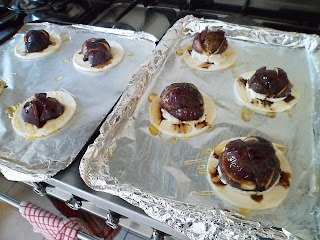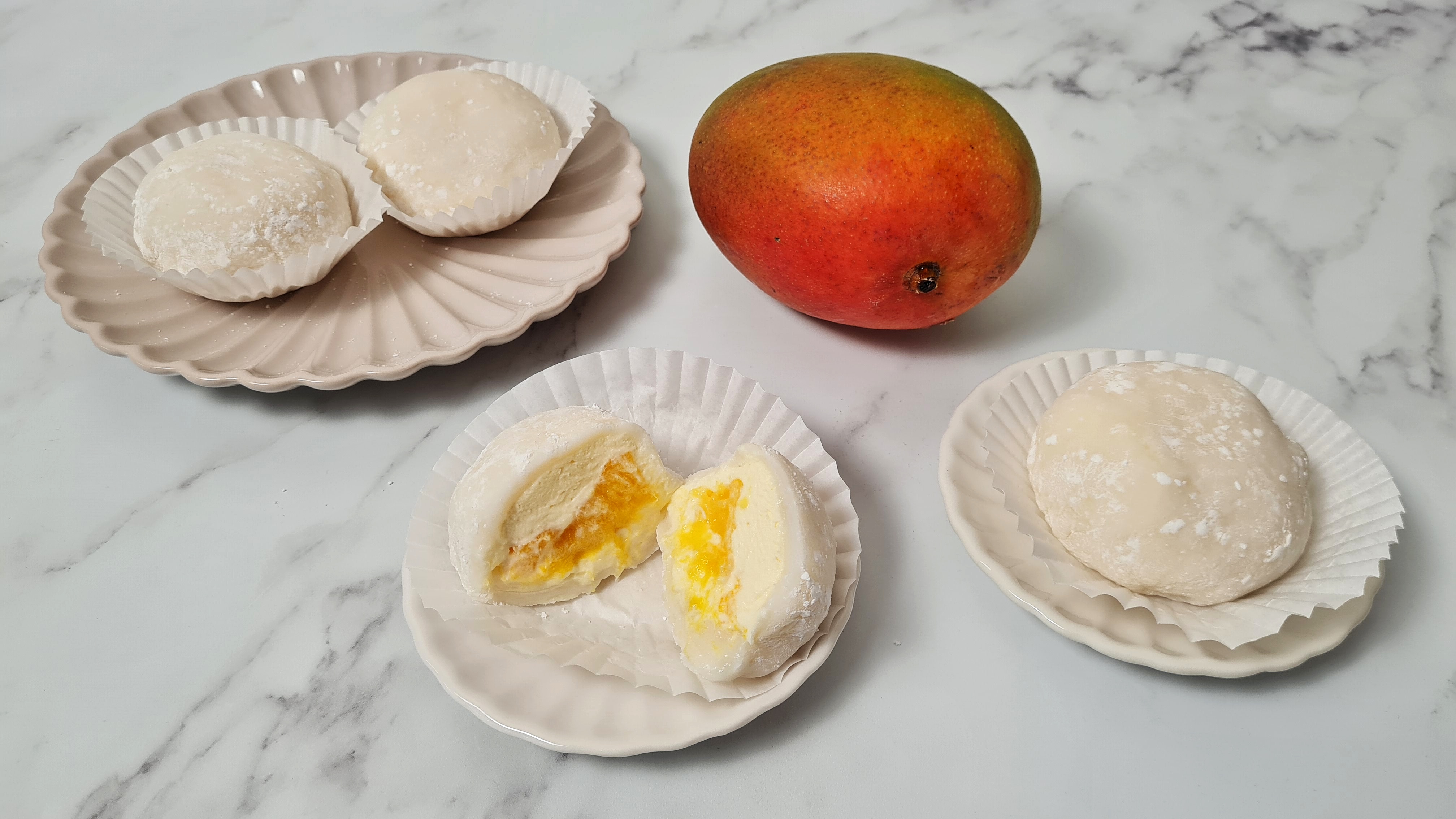Rosh Hashana: Symbolism, Cake and Honeyed Things
Happy Rosh Hashana, everyone: it's Jewish New Year!
I'm so freaking lucky. Being half Chinese, Jewish and English. I get to celebrate three different New Years festivals.
We eat apples, pomegranates and honey during Jewish New Year. Why? Because the round apples symbolise the world, and honey is for wishing for a sweet new year.
As for pomegranates, they have lots of seeds in, right? Well, all of those seeds are for reminding us about the good things we've done in the year (a stark contrast to the up-and-coming festival of Yom Kippur, where we atone for every crappy thing we've done in the year).
One of the most well-known foods eaten during Rosh Hashana is honey cake. This year, after last year's disaster, I used a recipe for Devonshire Honey Cake on GoodFood.com to be on the safe side. I can't remember the last time I followed a recipe, but I decided to give this one a go and do it by the book. More or less. I did take the liberty of adding a teaspoon of vanilla and scaling the recipe up for a large bundt pan.
It was buttery, fluffy and almost butterscotchy (thanks to the honey and muscavado sugar being boiled before being added to the other ingredients). Two thumbs up!
I did, of course, have a bit of an experiment with something else. I decided to make fig and goat's cheese tartlets with honey and balsamic vinegar. They turned out AWESOME. All you need is some pre-made ready rolled puff pastry, figs, soft round goat's cheese, a drizzle of honey and a drizzle of balsamic vinegar.
I drizzled a little extra honey just before serving too. Next time I'll take the time to make a balsamic vinegar reduction too, now that I know that this whole thing works. Oozing gooey creamy tangy cheese, sweet and juicy fruit with crunchy seeds, buttery flaky pastry... heaven. And so simple, too!
I also made a non-cheese one for mum, who's not so keen on goat's cheese:
Isn't it pretty?










Comments
Post a Comment